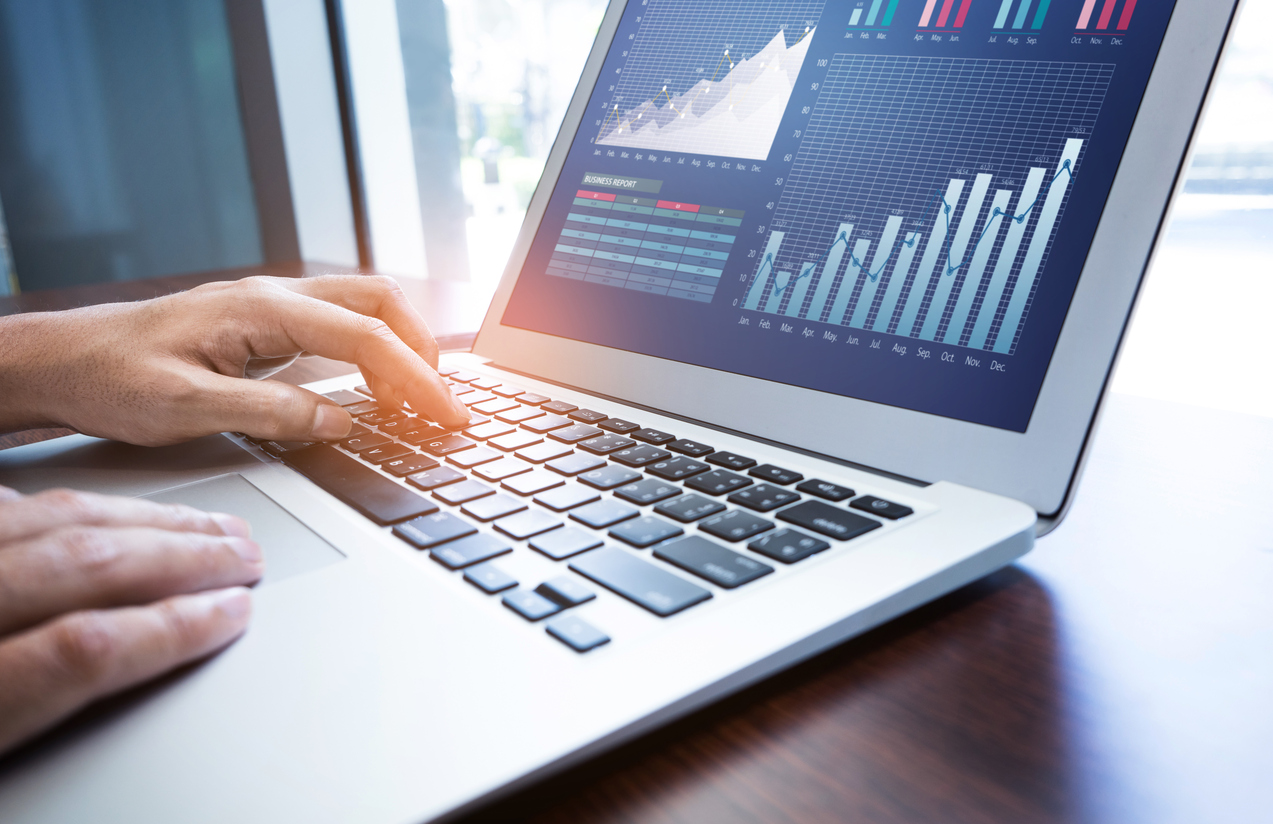Our need to connect to one another and stay in touch during the crisis has created $54bn of value – slightly more than $7 for every man, woman and child on earth, concentrated into the hands of the investors in one company.
The internet has become the new public square, but it’s one that’s entirely held in private ownership.
It wasn’t supposed to be like this: the internet was born as a public project. The network that became the global infrastructure we know today was begun in 1969 as a US Department of Defence-funded project to connect together just four universities. It expanded to more campuses, added government departments, and eventually allowed corporate entities and private individuals.
That public commitment and spirit endured through the decades – and has been widely celebrated. The opening ceremony of the 2012 Olympic Games included a 17-minute segment giving thanks to Sir Tim Berners-Lee, who invented the world wide web in 1989 while working as a researcher at the CERN lab in Switzerland. Until recently, at least, we have had an idealistic vision of the internet: born as an academic project, made usable for the masses by Berners-Lee’s invention of the web.
We were promised it would enable a “long tail”, helping to diversify publishing, music and more thanks to its limitless publishing space.
Everyone would have freedom to learn, freedom to publish what they wanted and be connected to everyone else on the planet. With our lives in the cloud, what could possibly go wrong?
Advertising helps fund Big Issue’s mission to end poverty
The reality has ended up far messier and more complicated. The idea of the “cloud” is a utopian one, but the reality is the internet is a network of cables enmeshing the world, hooking us up to huge data centres. Every cable is owned by someone. Every data centre is owned by a corporation. Each bit of data – whoever it’s about – is owned by someone, and it’s almost never us.
The $54bn of wealth created for the owners of Zoom is just the very tip of an iceberg the size of the planet. The internet has created a new generation of global monopolies, collecting outsize profits and wielding influence on a scale never seen before. Across its networks, Facebook has more than two billion daily users.
The internet by its very design will create monopolies. Absent of other considerations, we would choose to be on the social network used by most of our friends, rather than one with only a couple, for example. Coupled with the way our browsing and personal data is largely worthless individually but worth billions when centralised, the internet concentrates power and concentrates wealth.
This matters for all of us as our lives move online. In the real world, we are surrounded by publicly owned spaces and forums – we have streets, public parks, and numerous small restaurants, cafes and pubs. If we don’t change the way the internet works, we will only have what’s on offer from the handful of companies currently winning the battle for dominance of the online world.
Our lives are moving online. We need to make sure that doesn’t turn us into commodities
Building a better post-Covid world involves building a better internet. We need to create publicly owned spaces on the internet, true to the spirit of the network’s creators. We need to take back control of our data, giving us the ability to share it where we want and keep it private at other times. We need to work out how to share the immense wealth the network creates.
There are hundreds of ways we could go about this. At a minimum, we could follow the example of Wikipedia and try to spread more not-for-profit, collectively controlled services in the online space. But we can easily go further: we could build co-operative social networks, co-owned by their users – online versions of the John Lewis and Waitrose ownership model.
Advertising helps fund Big Issue’s mission to end poverty
It would probably not be a good thing to have outright government-controlled online services and meeting spaces – but just as the BBC is a public broadcaster, not a state one, we could try that model, with a taxpayer or licence-funded range of quality services on the internet. Or if we were ready for the fight, we could try to take at least some share of the existing services: their value is based on our data, and our data is our lives, so should we not as users be given an ownership stake? The bad news is there is no one fix. The good news is that there are many we could try out.
Our lives are moving online. We need to make sure that doesn’t turn us into commodities. It’s a huge challenge – but one that we are more than up to.
James Ball is the Global Editor of the Bureau of Investigative Journalism and author of The System: Who Owns The Internet and How It Owns Us, out now (Bloomsbury, £20)









